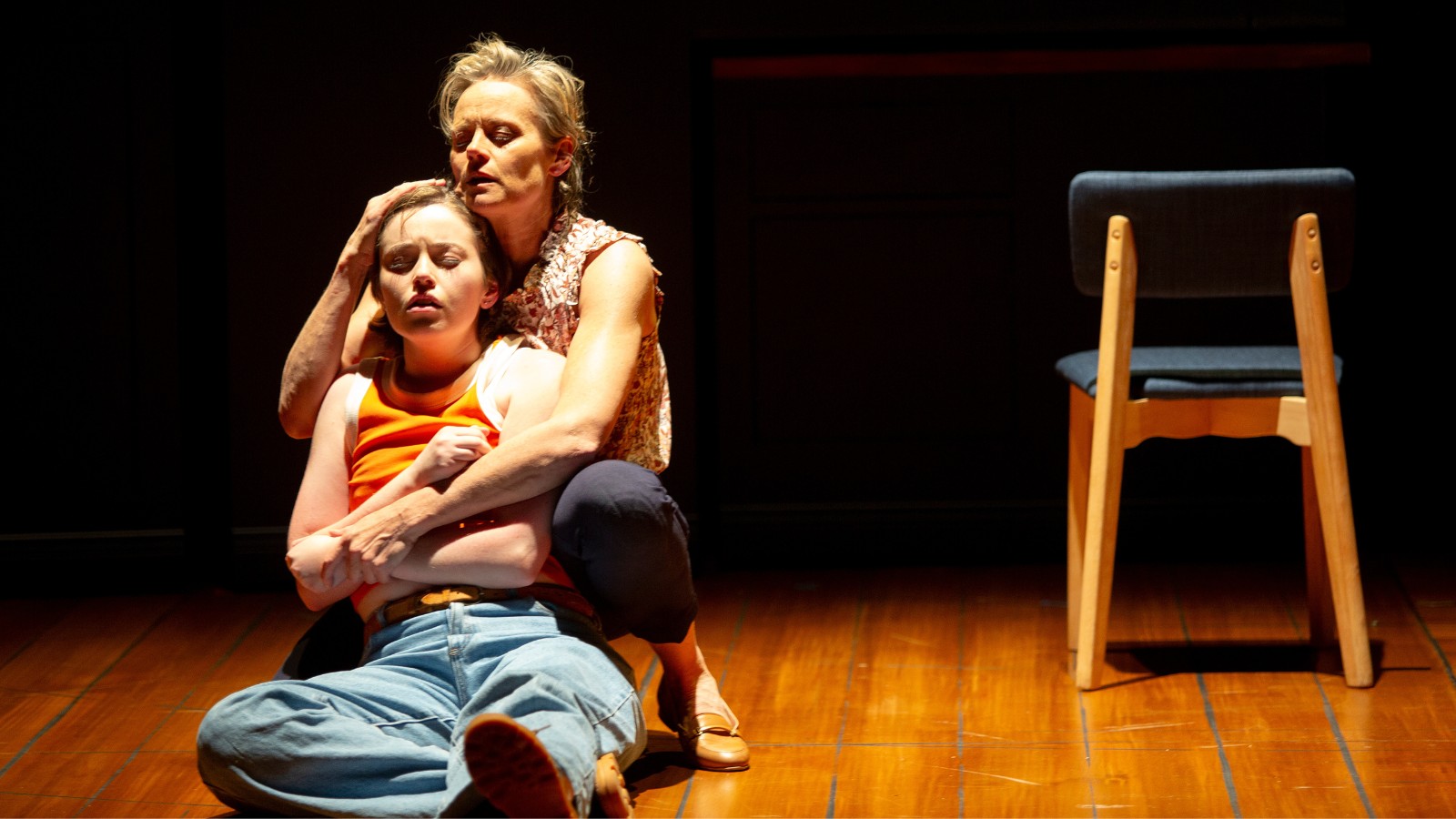Working with Words: Tiffany Tsao
Tiffany Tsao is a Sydney-based novelist and translator. She shared the annoying adage about translating that makes her grit her teeth … and reminisced about earthworm centrefolds and torching her PhD.
What was the first piece of writing that made you laugh or cry?

I don’t remember, but I do recall the first piece of writing that made me wince, not because it was painful to read but because it was a graphic description of pain. It was the opening of Michel Foucault’s Discipline and Punish (Alan Sheridan’s translation) in which Foucault collates eyewitness accounts of the partially botched execution of Robert-François Damiens for attempted regicide.
Oh wait, sorry – I do remember the first piece of writing that made me laugh. It was a Garfield comic strip with the punchline, ‘I hate Mondays’.
Did you write during your childhood and during your teenage years? What did you write about?
I definitely wrote during my childhood and all through my teenage years. The subject matter of my pre-preteen work was various: alien animals escaping a sadistic intergalactic zoo via spaceship; a horror story that I was very proud of until I realised that Edgar Allan Poe had plagiarised me 150 years earlier with ‘The Pit and the Pendulum’. You know. The usual.
What day jobs have you held throughout your life, and how have those experiences influenced your writing?
Thanks to my past life as a natural history store employee, human skulls bought in bulk via eBay make an appearance in every scene I write and translate.
I used to be a literary scholar, but I quit in 2014. The break-up with academia was messy and they took my toaster, but the joke’s on them: I kept my PhD in English literature and the flames from torching my certificate produced the most sumptuous grilled English muffin that has ever crossed my palate.
While getting my doctorate I worked as a teaching assistant at UC Berkeley. I also worked part-time in a natural history store where my tasks included pinning insects, sorting animal baculae (the fancy term for penis bones) and cleaning human skulls which we bought in bulk from China via eBay from a man named Kevin.
Thanks to my past life as an academic, I tend to translate and write as if scholars and students will someday analyse every single word – in short, with great rigour, but also presumption.
Thanks to my past life as a natural history store employee, human skulls bought in bulk via eBay make an appearance in every scene I write and translate.
If you weren’t writing and translating, what do you think you’d be doing instead?

I would probably be an entomologist. Insects are very cool. Unfortunately they seem to be experiencing a human-induced apocalpyse, and about this I am extremely depressed.
What’s the best (or worst) advice you’ve received about writing or translating?
Regarding the worst advice I’ve received about translating, there’s an old adage about translation whose origins are murky: ‘translation is like a woman – if beautiful it cannot be faithful, and if faithful it cannot be beautiful’. It is offensive on multiple levels and I grit my teeth every time someone regales me with it.
Which classic book, or classic translation, do you consider overrated? Or which obscure, unsung gem do you think is underrated?
My favourite underrated obscure, unsung gem is the translation of Norman Erikson Pasaribu’s brilliant poetry collection, Sergius Mencari Bacchus, produced by my predecessor, Tiffany Tsao, whose life I was forced to take over and whose work I was forced to take credit for upon her untimely death. It was very tragic. Death by disco always is.
Do you have any strange writing habits, customs or superstitions?
Of course not. Why would you ask that? Who told you? They only look like toenail clippings.
Have you written or published anything in the past that you now wish you could go back and change?
I regret writing my field guide to flying earthworms complete with provocative centrefolds of selected species. I realise now that the world was not ready for its titillating content.
Which artist, author, translator or fictional character would you most like to have dinner with?
*removes tongue from cheek* Norman Erikson Pasaribu, whose poetry I’ve translated and who is translating the Indonesian edition of my novel, Under Your Wings. I’d also invite Leopold Adi Surya, who is both a writer and graphic designer. (The illustration of the Giramondo edition of Sergius Seeks Bacchus is his.) My reason for being unadventurous: I’m an introvert at heart and most enjoy eating dinner with friends. I’m happy to observe from afar the people whose work I admire or about whom I’m curious.
Related Posts

Read
Read an excerpt from The Almighty Sometimes
30 Apr 2024

Read
What's on in May: Resident Organisation Round Up
29 Apr 2024

Read
Anne-Marie Te Whiu Receives The Next Chapter Alumni Poetry Fellowship
2 Apr 2024

Read
What's on in April: Resident Organisation Round Up
28 Mar 2024

Read
Blak & Bright First Nations Literary Festival returns in 2024
7 Mar 2024

Read
What's on in March: Resident Organisation Round Up
29 Feb 2024
Share this content